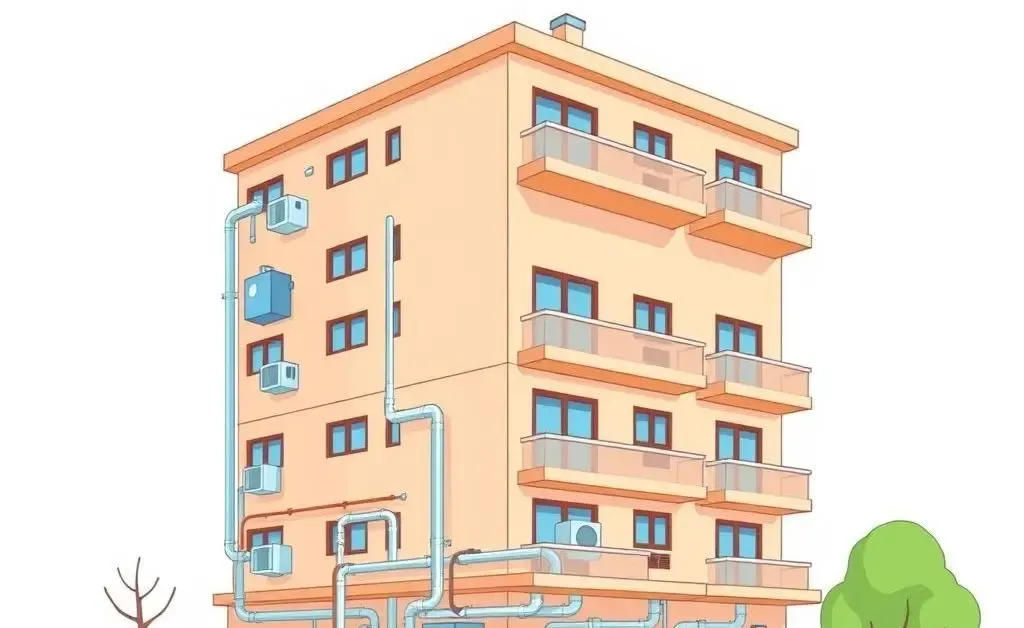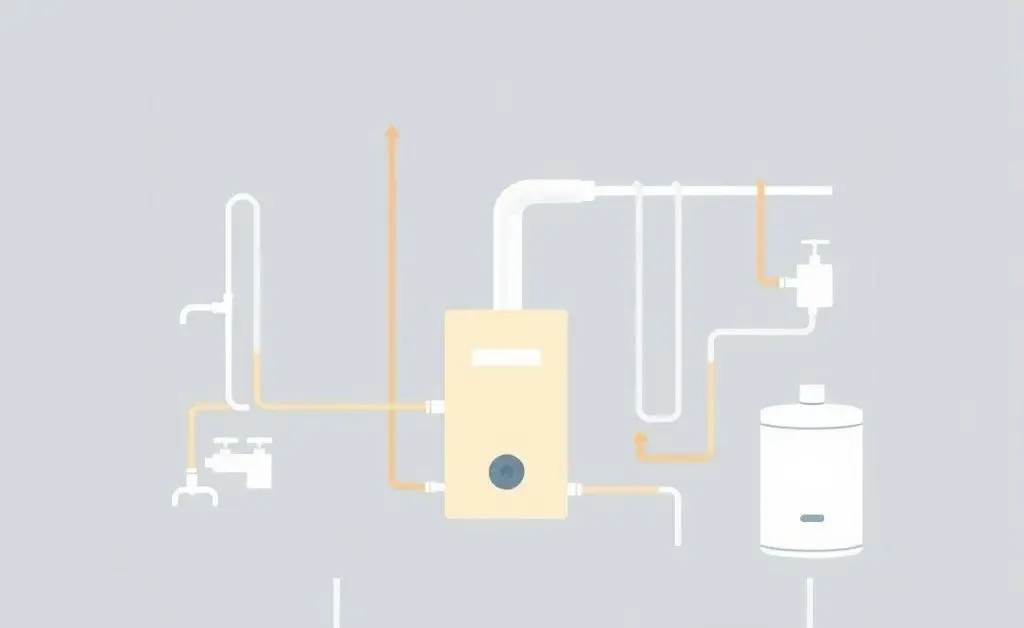How Centralized Hot Water Systems Affect Your Utility Bills
Explore the impact of centralized hot water systems on utility bills in apartment living.

Have you ever wondered why your utility bill seems a tad unpredictable when living in an apartment with a centralized hot water system? Let’s unravel this common dilemma of modern urban lifestyle.
Many urban dwellers live in apartments where the hot water supply is managed collectively by the building. While this arrangement has its perks, it also leads to some significant questions on budgeting effectively.
What Is a Centralized Hot Water System?
A centralized hot water system shares heated water throughout an entire building, meaning all apartments tap into the same source. It’s convenient and saves physical space by eliminating the need for individual apartment water heaters.
How It Affects Your Bills
Your utility bill typically reflects shared usage, but the catch is, it’s not personalized. Here's how it impacts you:
- Shared Expense: Since costs are divided, you might pay more during months of higher collective usage.
- Unexpected Surges: New neighbors or seasonal guests can drive up the overall consumption.
- Efficiency Varied: Older systems might be less efficient, consuming more energy.
Relatable Anecdote: The Curious Case of Greg's Bill
Imagine Greg, an avid budgeter who lived in an apartment with such a system. Every month, he meticulously projected his utility expenses but almost always found a "mystery charge" labeled under "water heating." Was it another Netflix subscription he forgot about? Nope, it was the unpredictable rise in water heating costs due to his building's central system!

Tips to Manage Your Costs
Adopting smart living strategies could buffer the impact on your pocket:
- Conscious Consumption: Be mindful of personal water use. Shorter showers can lead to significant savings.
- Ask About Efficiency: Inquire if your building plans upgrades or efficiency improvements.
- Go Eco-Friendly: Consider eco-friendly detergents that require less hot water.

Looking Ahead
While centralized systems can be a double-edged sword, awareness is your best ally. Keep communicating with your building’s management about energy and cost-saving measures. After all, the road to efficient living is paved with informed choices.

Do you think the benefits of shared resources like centralized hot water outweigh the unpredictability in costs? Share your thoughts and experiences!




